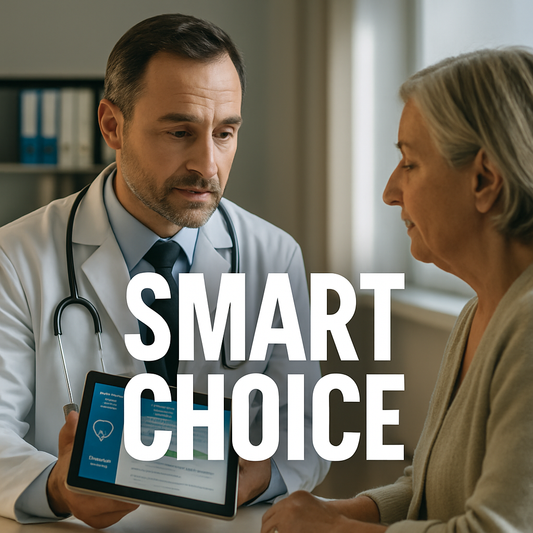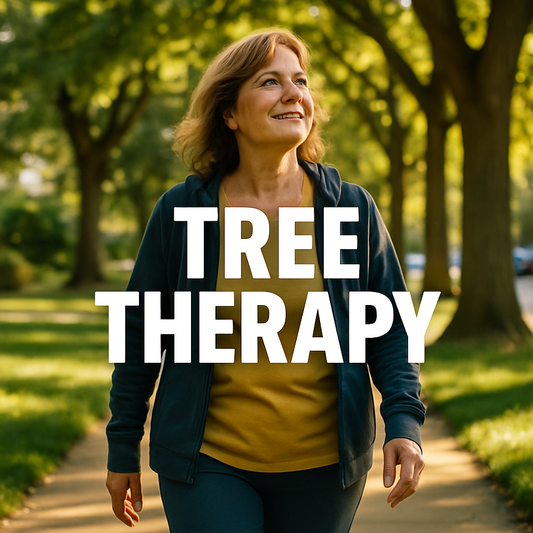
AI Decides: Blood Thinners or Not for A‑Fib 🤖❤️
Share ❤️
Imagine an algorithm, trained on millions of heartbeats and medical histories, whispering whether you really need to take blood thinners. That future is here—and it’s stirring debate.
Researchers at Mount Sinai recently unveiled a graph‑neural‑network model that combed through more than 600,000 electronic health records to personalise anticoagulation decisions for people with atrial fibrillation. The AI reclassified roughly half of patients who would have been recommended blood thinners by traditional guidelines. By predicting individual stroke and bleeding risk more accurately, the system aims to reduce unnecessary medication while preventing deadly clots.
Trend: Algorithms Enter the Clinic
Healthcare has flirted with AI for years, but this tool marks a turning point. By analysing the complex web of factors—age, kidney function, medication history—AI can spot patterns invisible to humans. In tests, it predicted stroke and bleeding risks better than existing calculators and flagged patients who might safely avoid drugs. Similar models are being trialled for cancer treatments and imaging, signalling a shift from one‑size‑fits‑all medicine to personalised predictions.
Implication: Choices and Trust
If half of patients are now told they don’t need blood thinners, what does that do to their peace of mind? Doctors must balance algorithmic recommendations with bedside wisdom. There’s promise of fewer haemorrhages and reduced cost, but also a risk that AI biases or missing data could misguide care. As one cardiologist noted, “We’re not handing over the stethoscope—we’re getting a second opinion.” Transparency and patient education will be key.
Opportunity: Empowered Patients
This revolution isn’t just for physicians. Wearable ECG patches and home monitors can feed data into these models, helping you and your clinician spot atrial fibrillation episodes earlier. Combine AI insights with lifestyle measures—regular movement, balanced diet, mindful breathing—and you give your heart its best chance. In the near future, apps could offer tailored reminders or connect you to a coach when your heart rhythm strays. The question is: will we use them?
Closing Beat: AI isn’t here to replace your cardiologist; it’s here to offer a new lens on your body. How we use that lens will determine whether it sharpens our vision or distorts it.
Your body never lies. Listen to it, and use technology as a partner, not a prophet.










